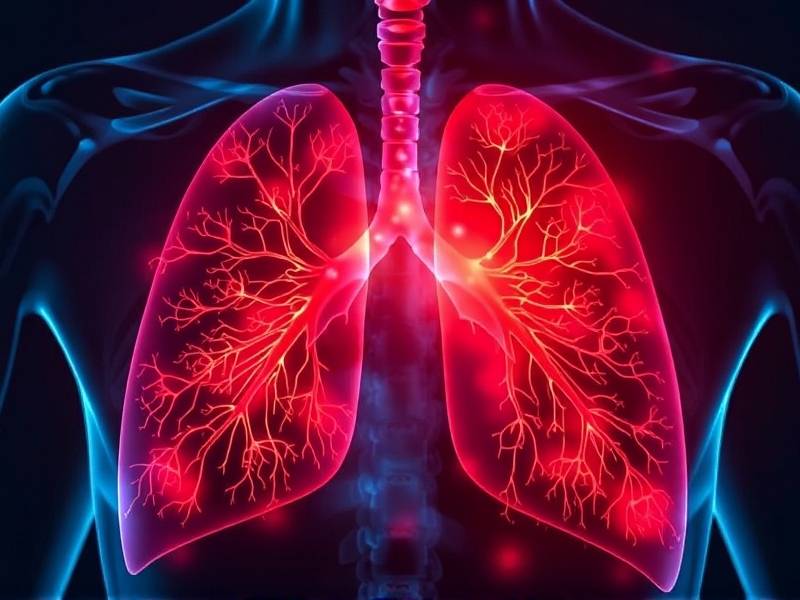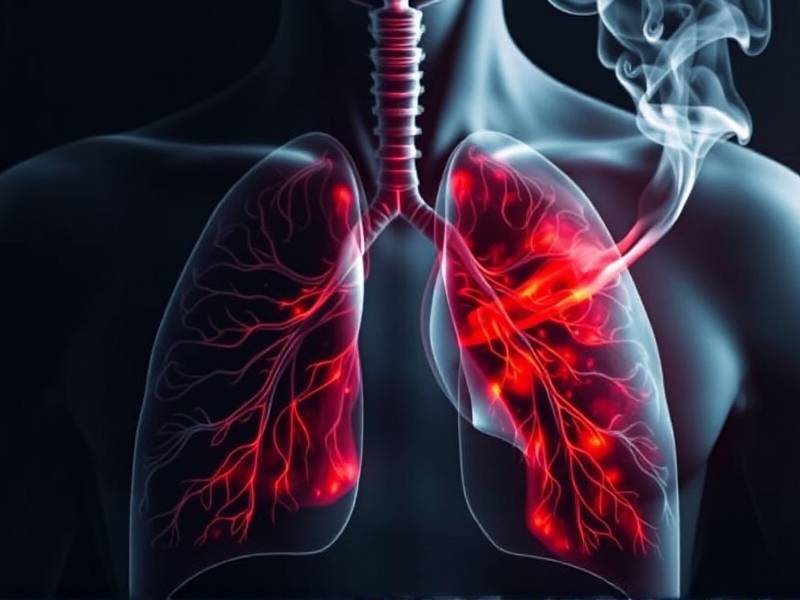How to Make Your Lungs Heal Faster After Quitting Smoking
Understanding the Impact of Smoking on Lungs
Quitting smoking is a monumental step towards improving your health, and one of the most significant benefits is the gradual healing of your lungs. The harmful chemicals in tobacco smoke can cause severe damage to your respiratory system, leading to conditions like chronic bronchitis and emphysema. However, by adopting certain strategies and lifestyle changes, you can accelerate the healing process.
The Healing Journey Begins
When you quit smoking, your body begins a natural process of repair. It's essential to understand that this process takes time, typically several weeks to months. Here's how you can support your lungs as they heal:
1. Increase Oxygen Intake
One of the first steps in aiding lung repair is to increase oxygen flow throughout your body. This can be achieved through regular physical activity such as walking, jogging, or cycling. These activities help expand your lung capacity and improve overall respiratory function.

2. Maintain a Healthy Diet
A balanced diet rich in fruits, vegetables, lean proteins, and whole grains provides essential nutrients that support lung health. Foods high in antioxidants can help combat oxidative stress caused by smoking.
3. Stay Hydrated
Drinking plenty of water helps thin mucus in the lungs, making it easier for you to breathe and for your lungs to heal.
4. Avoid Exposure to Pollutants
Air pollutants such as secondhand smoke, dust, and chemicals can exacerbate lung damage. Minimize exposure by staying indoors when pollution levels are high and using air purifiers if necessary.
Tips for Accelerating Lung Healing
1. Use Nicotine Replacement Therapy (NRT)
NRT can help alleviate withdrawal symptoms associated with quitting smoking. By reducing cravings and withdrawal symptoms, NRT may make it easier for you to stick with your quit plan and give your lungs a better chance to heal.
2. Seek Professional Support
Professional counseling or support groups can provide valuable resources and emotional support during your quit journey. A healthcare provider can also offer personalized advice on managing lung health after quitting.
3. Practice Deep Breathing Exercises
Deep breathing exercises help improve lung capacity and promote relaxation. Techniques like diaphragmatic breathing or pranayama (a traditional Indian breathing practice) can be particularly beneficial.

Monitor Your Progress
As you make changes in your lifestyle, it's important to monitor your progress. Pay attention to any improvements in how you breathe or how well you sleep at night. Keeping a journal of these changes can be helpful in tracking your lung health over time.
Conclusion
The journey towards healing after quitting smoking is unique for each individual but by adopting these strategies, you're taking significant steps towards restoring your lung health. Remember that patience is key; it may take time for your lungs to fully recover, but every day without smoking is a step forward towards better health.
By focusing on increasing oxygen intake, maintaining a healthy diet, staying hydrated, avoiding pollutants, using NRT if needed, seeking professional support, practicing deep breathing exercises, and monitoring your progress regularly; you're giving yourself the best chance at a healthier respiratory system post-quit.
Your journey towards better health starts today—embrace it with determination and care for yourself as you heal after years of smoking cessation!
